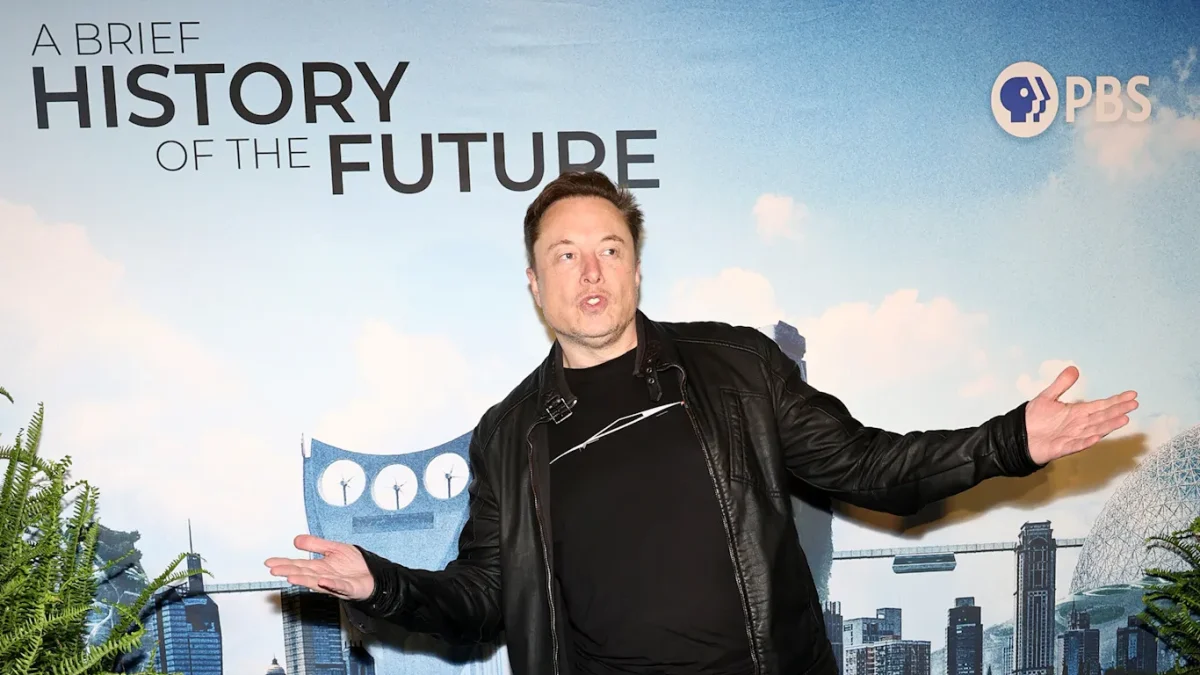Elon Musk, the enigmatic CEO of X, is embroiled in a legal battle with the Brazilian Supreme Court, highlighting contentious issues surrounding free speech and censorship. The conflict arises from Musk’s refusal to comply with court orders targeting X accounts accused of spreading alleged “disinformation” regarding the 2022 election. This standoff has escalated tensions, with Musk facing accusations of obstruction of justice, sparking a heated debate over the boundaries of free speech and the authority of the judiciary.
The crux of the conflict lies in a clash of ideals between Musk, who staunchly advocates for “free speech absolutism,” and the Brazilian Supreme Court, particularly Justice Alexandre de Moraes. De Moraes aims to combat what he perceives as misinformation on social media platforms. Musk’s refusal to adhere to court orders aimed at restricting targeted accounts has intensified the dispute, prompting the Brazilian government to accuse him of obstructing justice and undermining the rule of law.
Musk’s Defense:
In both a public statement and a subsequent appearance on Overton Live, Musk vehemently defended his stance, condemning what he views as “aggressive censorship” by the Brazilian government. He emphasized the undue pressure exerted on X to suspend accounts and the looming threat of hefty fines for non-compliance. Musk argued that X should not be coerced into censoring content based on government directives and expressed apprehension over the erosion of free speech principles.
Legal Ramifications:
The Brazilian Supreme Court’s issuance of a court order calling for an investigation into Musk’s alleged obstruction of justice has raised significant legal quandaries. While Musk faces potential repercussions, including the possibility of X being shut down in Brazil, he appears willing to jeopardize access to a lucrative market in defense of free speech principles. The outcome of the investigation remains uncertain, with Musk’s defiance challenging the authority of the judiciary and igniting a broader discourse on the role of social media platforms in shaping public discourse.
Political and Social Context:
The dispute between Musk and the Brazilian government unfolds against the backdrop of broader political tensions in Brazil, exacerbated by the aftermath of the 2022 election and allegations of electoral fraud. Supporters of former President Jair Bolsanaro, whose followers were implicated in an uprising at the Brazilian Congress, have rallied behind Musk, framing the conflict as a struggle for freedom against perceived government overreach.
As the legal battle between Elon Musk and the Brazilian Supreme Court plays out, it underscores the intricate complexities surrounding free speech, censorship, and the power dynamics between tech titans and government institutions. The resolution of this conflict will have profound implications for the regulation of social media platforms, the safeguarding of free expression, and the equilibrium of influence between technology corporations and the judiciary. Ultimately, the clash between Musk and the Brazilian government serves as a poignant reminder of the ongoing endeavor to reconcile divergent interests in the digital era.


